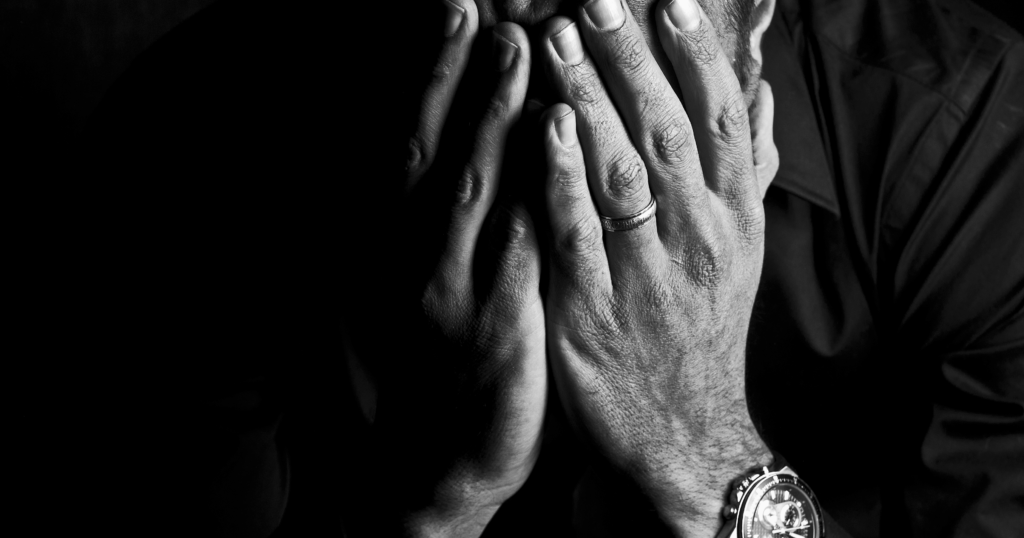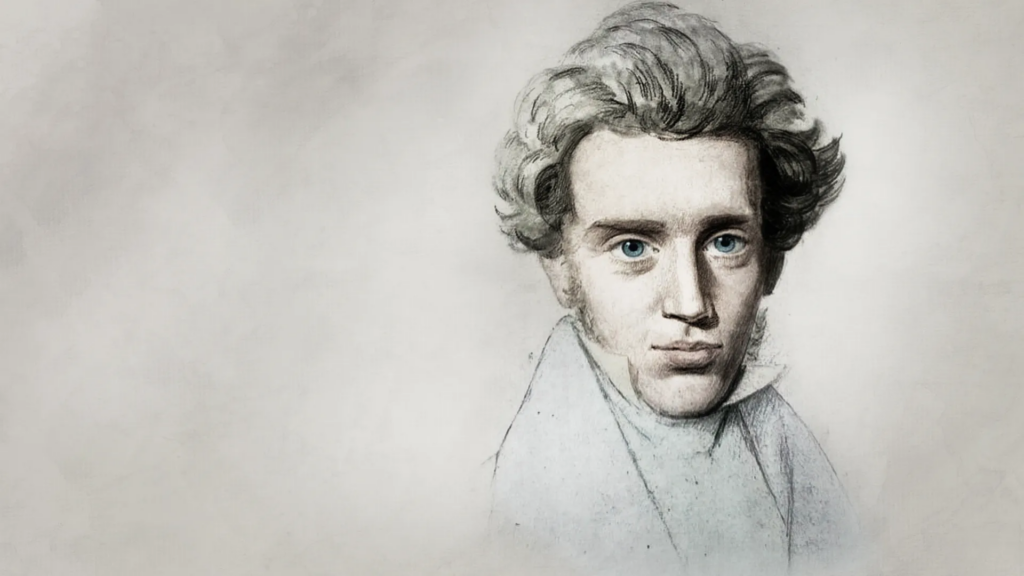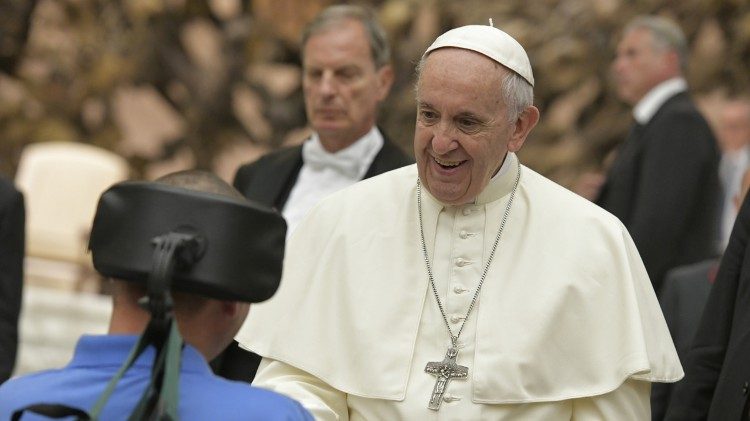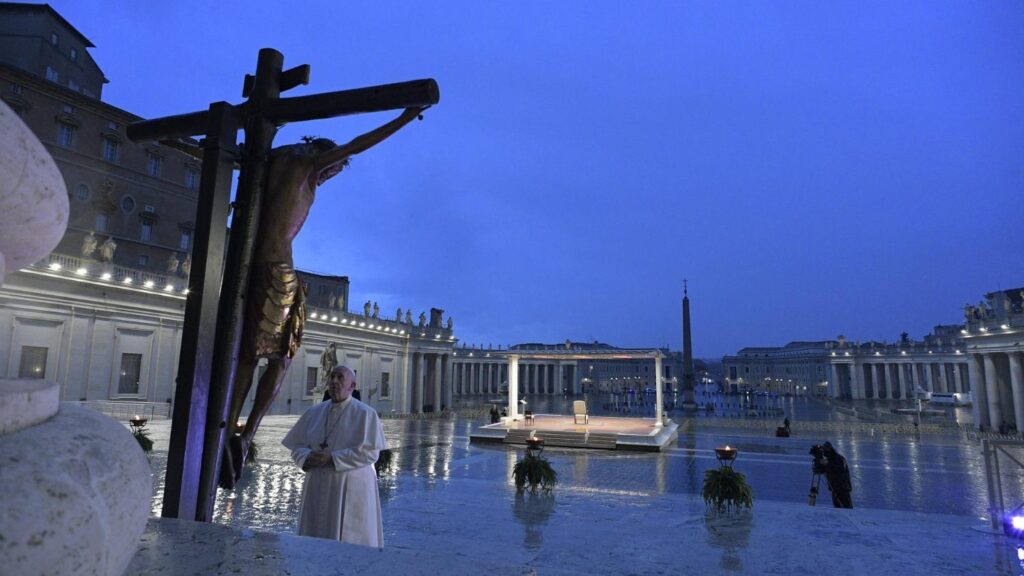Redeem evil with evil?
Reflections on suffering, responsibility and the search for meaning in the midst of adversity

One of the meanings that the RAE dictionary gives to the verb “redeem” is “to put an end to some vexation, pain, hardship or other adversity or discomfort.”
The suffering that accompanies existence and that can cause pain, vexation, hardship or other adversity or discomfort, moves the sufferer to try to free himself from it in one way or another. This need for redemption that frees him from the consequences of the evil he has suffered, entails the search for both the remedy that alleviates it, as well as the causes that provoked it, in the legitimate attempt to, by correcting them, avoid its repetition.
Many of the evils that plague existence have a remedy: we can soothe pain, cure illnesses, rebuild houses, cities, repair what does not work… Others cannot: we cannot cure everything, nor alleviate everything, nor prevent death, nor natural disasters…
So, it is expected of the intelligent and free human being to be able to adapt to situations of vulnerability that limit him and make him suffer. And in this adaptive process, attempts to cure, correct, prevent, rebuild or alleviate must also be included, in order to allow him to survive in the best possible way.
This response to evil, which seeks to attenuate its effects and open new hopes and possibilities even in the midst of vulnerability, is, therefore, legitimate and required. It is proper to human nature that it ceaselessly seeks the good.
A second resource in the attempt to redeem the evil suffered is to identify the causes that originate the evil that causes my suffering, with the intention of applying corrective measures that prevent its repetition.
Thus, we investigate the origin of diseases to design remedies, or the origin of earthquakes, volcanoes, cyclones or DANAs, to try to prevent their effects and, when possible, avoid or alleviate them.
Science has allowed human beings to make great advances in the knowledge of nature and its forces that give rise to situations in which they are vulnerable, powerless, fragile and exposed. But the feeling of self-sufficiency that these advances provide disappears when evil inevitably prevails, we are ravaged by pandemics or destructive floods, catastrophes in which our limited, creaturely, exposed and vulnerable nature is made evident.
We do not have sufficient resources to clearly identify the causes that lie at the origin of these catastrophes, so that we can prevent or neutralize them.
Although we must alleviate their effects by developing preventive, coordination, analysis and response procedures that, to the extent of real possibilities, minimize the destructive effects of inevitable evil.
But it is in the face of inevitable evil that a deep temptation appears within us: far from accepting our limitations, we try to identify the guilty parties who would be responsible for the evils suffered, in an attempt as desperate as it is futile to escape them.
And it is true that mistakes, negligence, reprehensible or unacceptable behavior can be committed, which contribute to increasing the consequences of the evils suffered. They must be identified in order to promote corrective actions of all kinds that try to minimize the repetition of such attitudes.
The problem arises when, in the legitimate attempt to redeem oneself from the evil that plagues one, the human being refuses to accept his condition as a vulnerable creature and assumes that the cause of this evil lies in the fault of someone who, through negligence, incompetence or bad faith, is at the origin of his suffering.
On many occasions there is such a fault, which must be rightly identified and expiated. In other cases, the negligence or incompetence of some is part of the problem, but not the ultimate cause that allows us to think that by eliminating the negligent person or making him pay, we eradicate any possibility that the evil may be repeated.
And in other cases, it is not possible to place the responsibility for the evil suffered on the presumed guilty parties. Because they have not caused it nor magnified it. It could not have been avoided.
It is not easy to discern in all cases the extent of human responsibility for the evils we suffer.
The negligent attitude that does not try to identify reprehensible conduct must be condemned. As must also be condemned revenge, indiscriminate blaming, accusing fingers, slander, defamation or calumny poured out blindly in an attempt to point out the guilty party, so that, by removing him from the way and making him pay, we avoid the evil that tests our vulnerability from continuing to make us suffer.
Demanding responsibility from those who may be at the origin of situations that harm us is applying justice to preserve the good. But thinking that behind every evil that hurts us there is a culprit on whom we can place the weight of its total redemption is a serious error.
Because we are vulnerable and we suffer. And we are not capable of avoiding all suffering. Finding its meaning, which pushes us to solidarity, compassion and dedication to others, allows us to get up after falls, begin reconstruction, recover hope, and become better people; perhaps poorer, more vulnerable, but more sensitive to the suffering of others, more dedicated to the search for good, for truth, freer. Evil is redeemed by good.
Julio Tudela – Bioethics Observatory – Life Sciences Institute – Catholic University of Valencia
Related

His Hope Does Not Die!
Mario J. Paredes
24 April, 2025
6 min

The Religious Writer with a Fighting Heart
Francisco Bobadilla
24 April, 2025
4 min

Francis. The Human and Religious Imprint of a Papacy
Isabel Orellana
24 April, 2025
5 min

Cardinal Felipe Arizmendi: With the Risen Christ, There Is Hope
Felipe Arizmendi
24 April, 2025
6 min
 (EN)
(EN)
 (ES)
(ES)
 (IT)
(IT)

